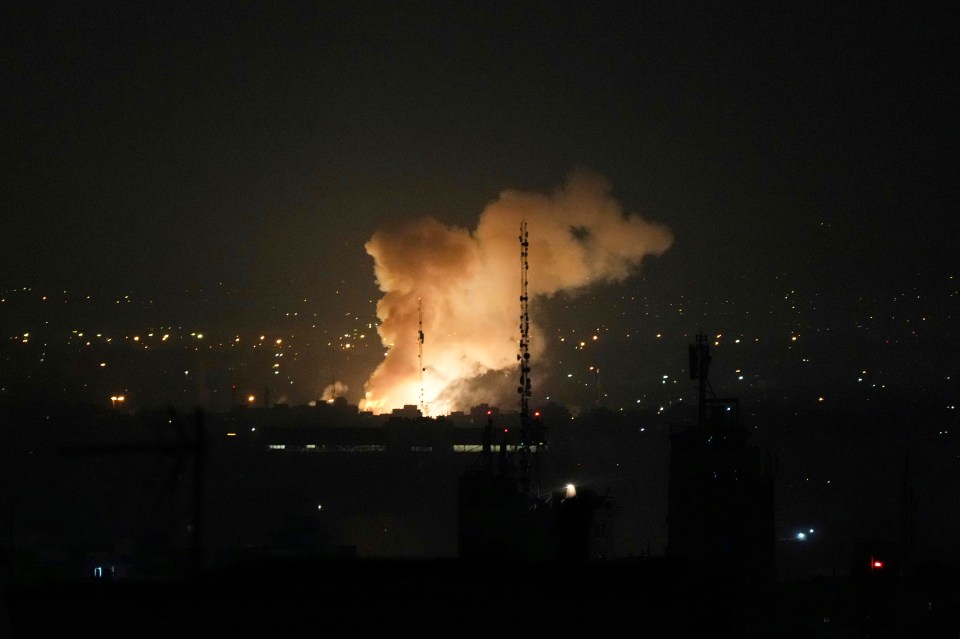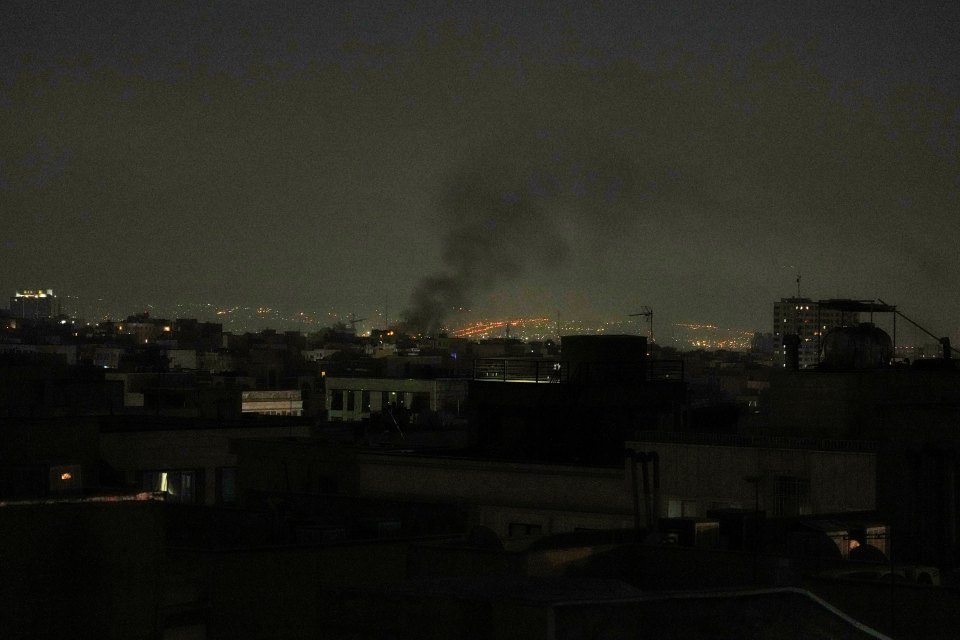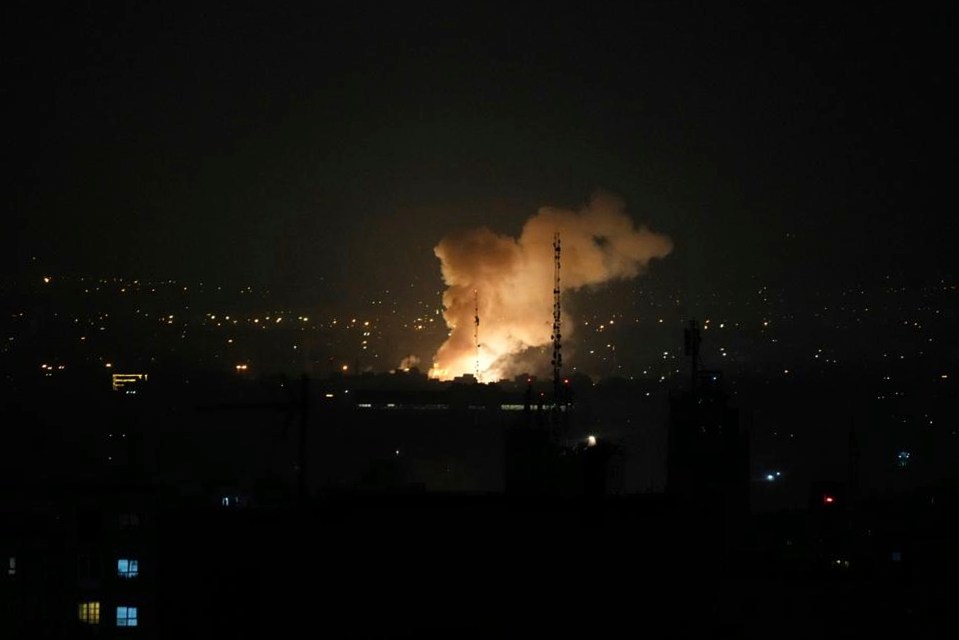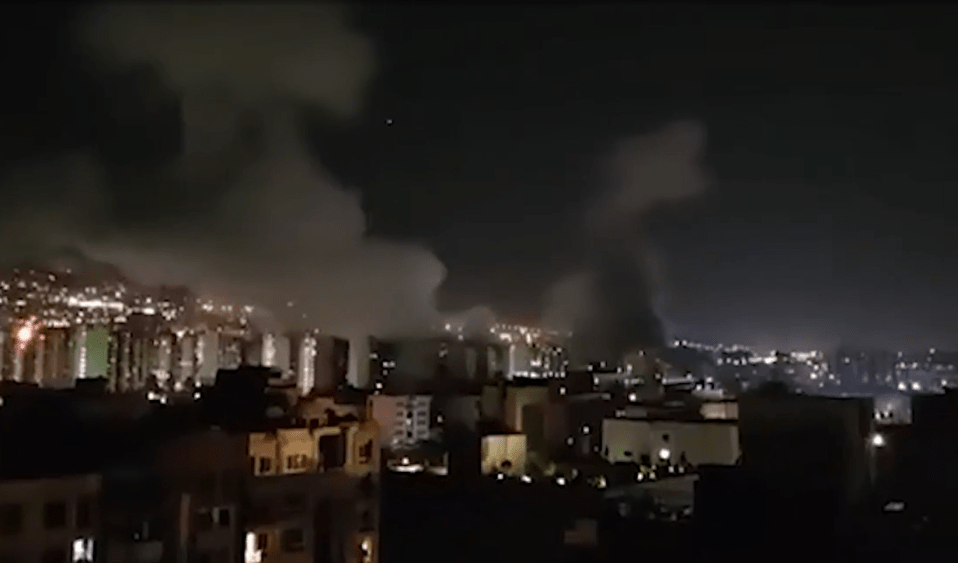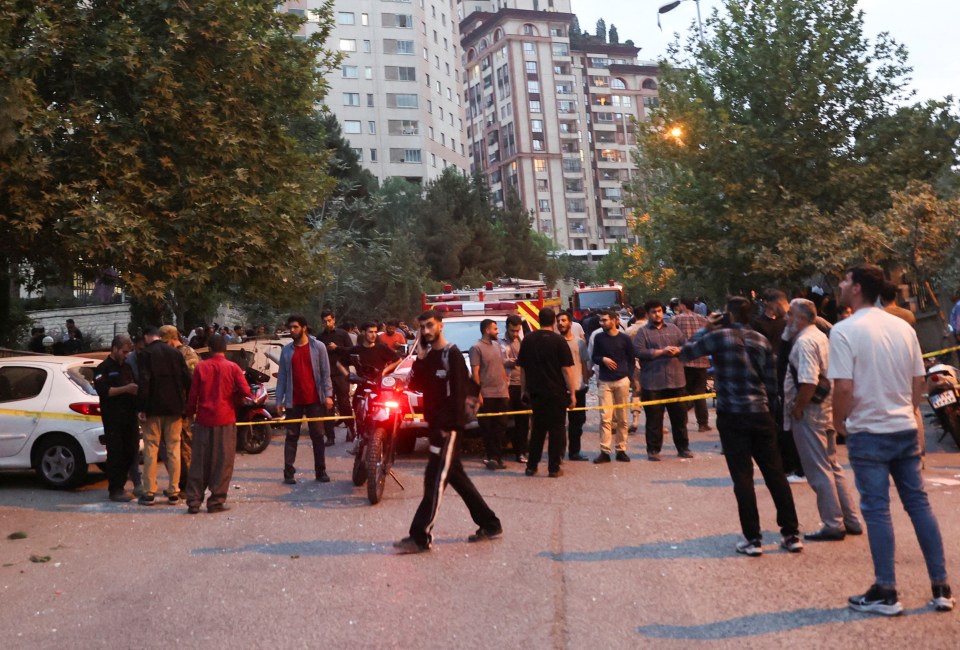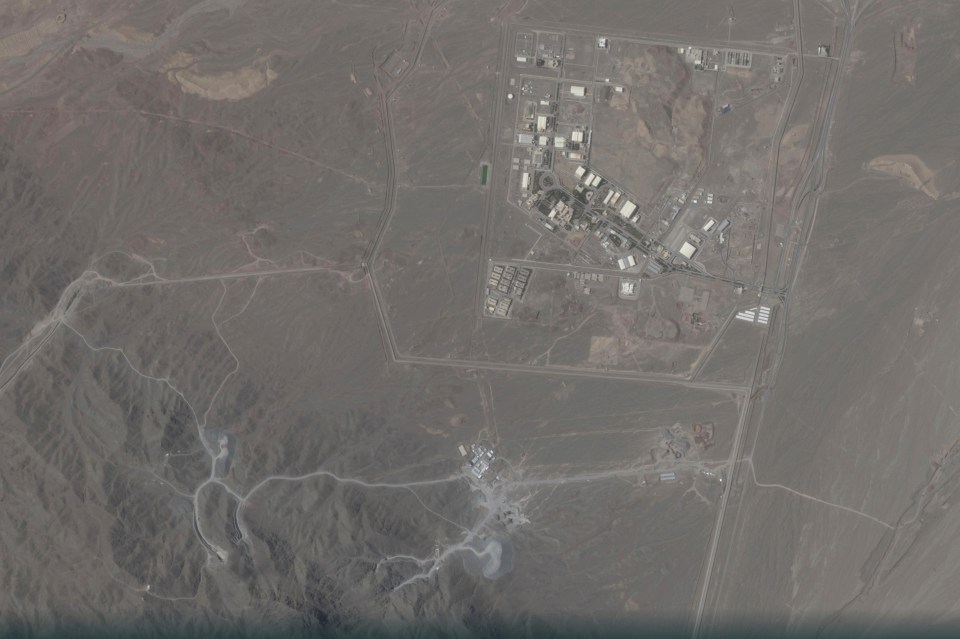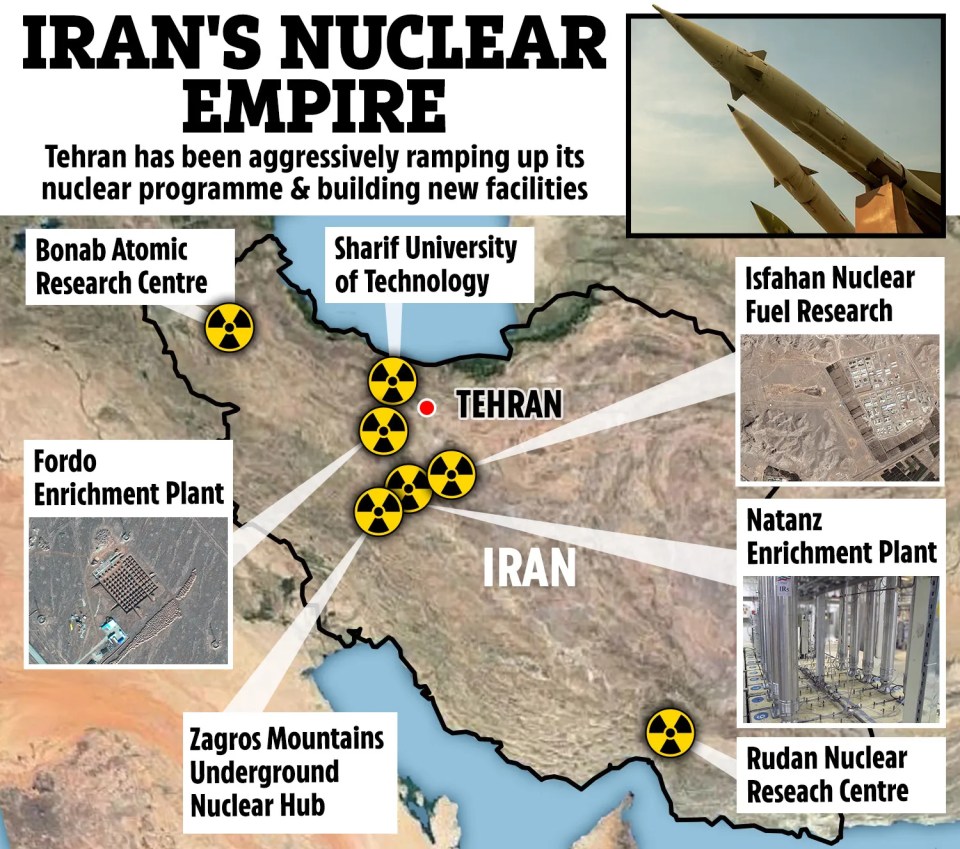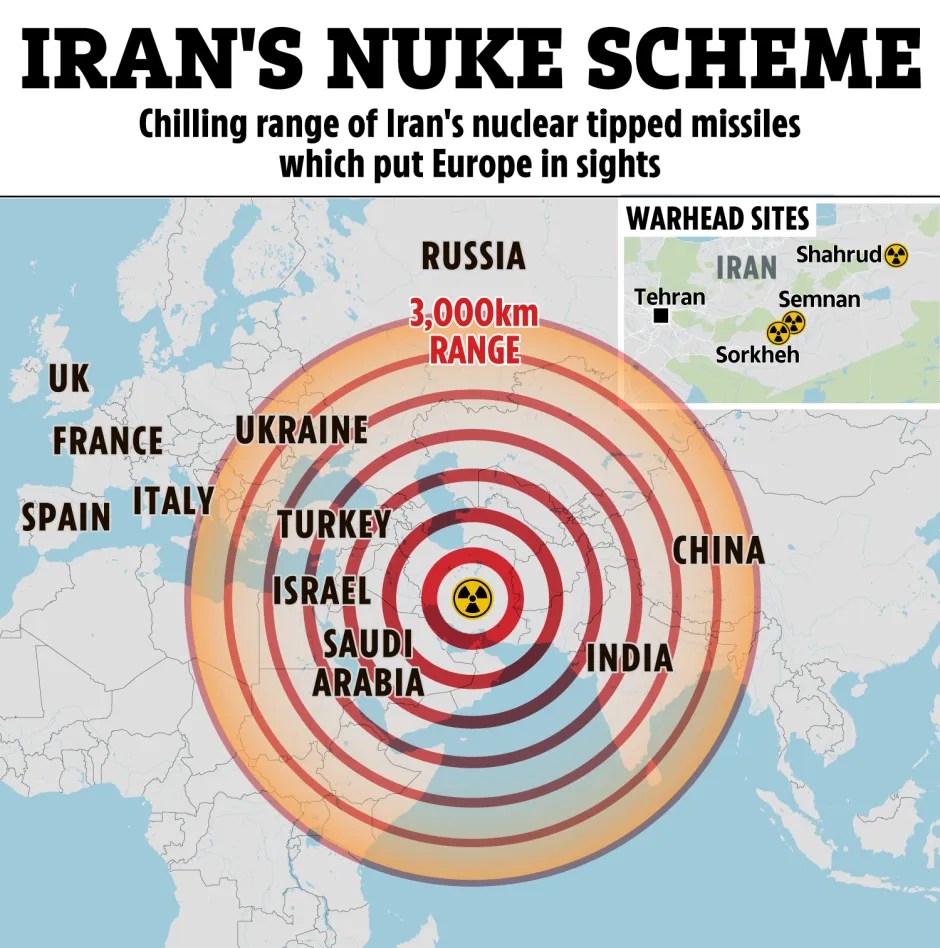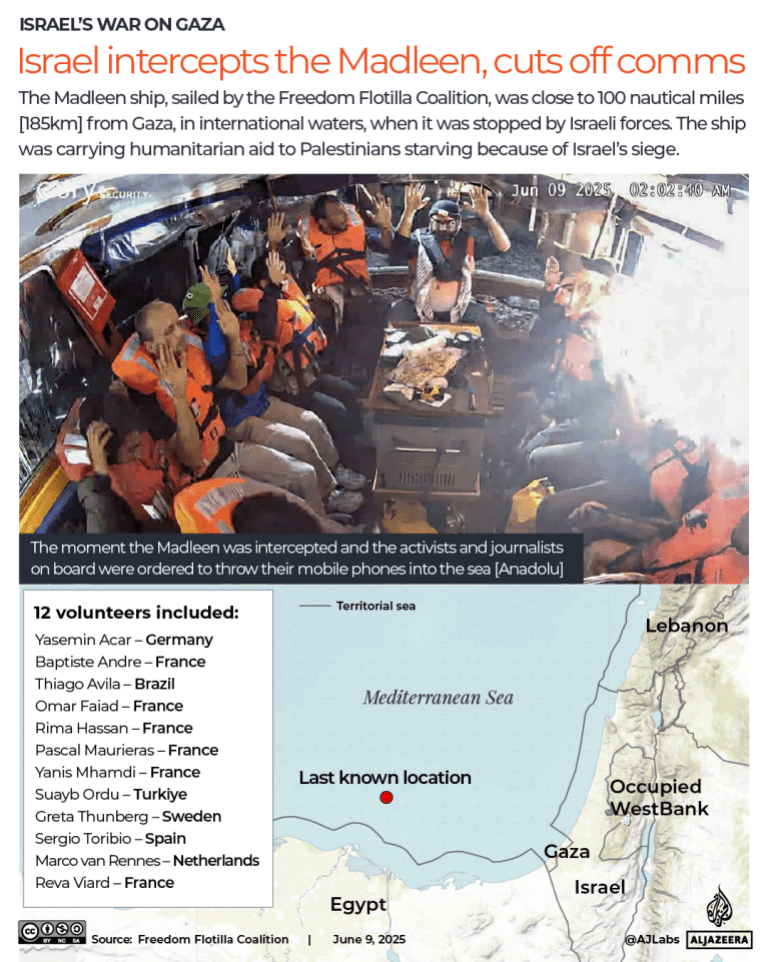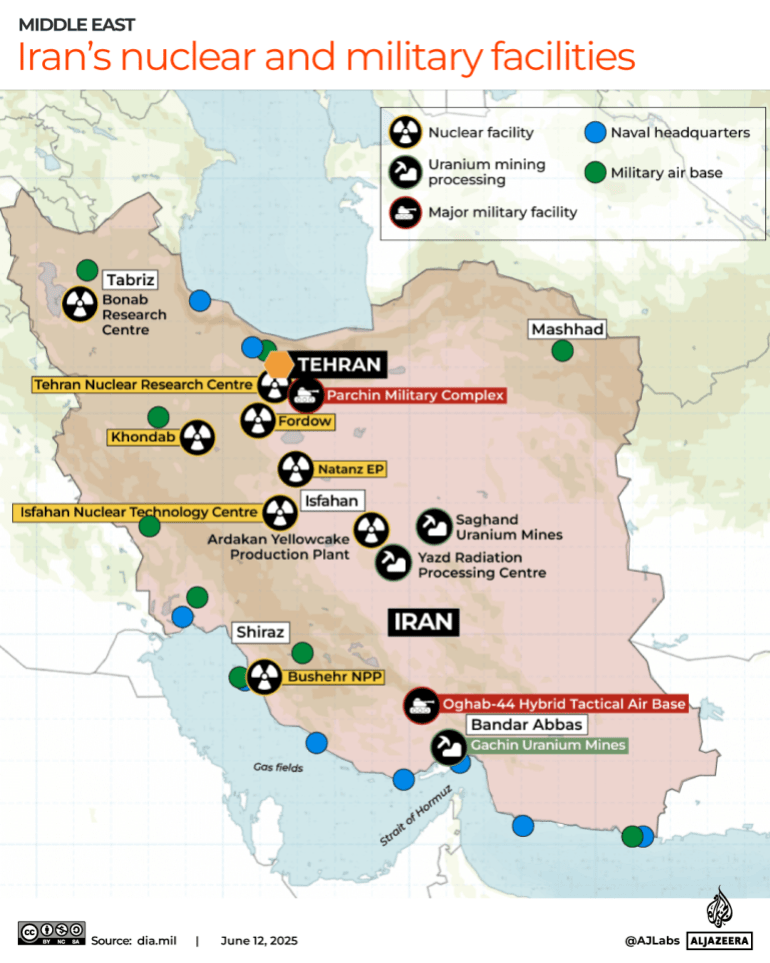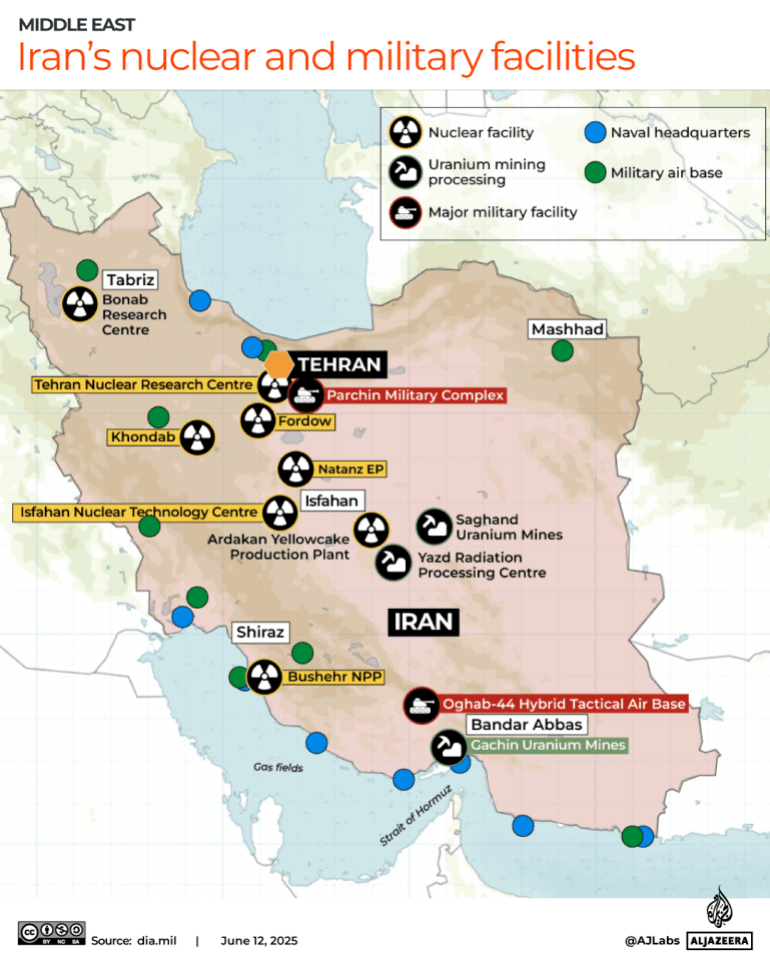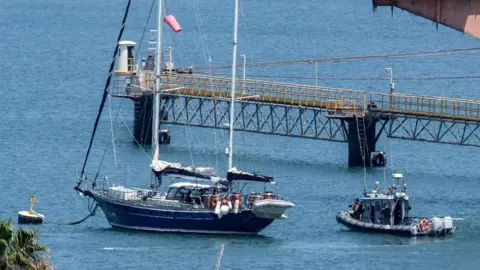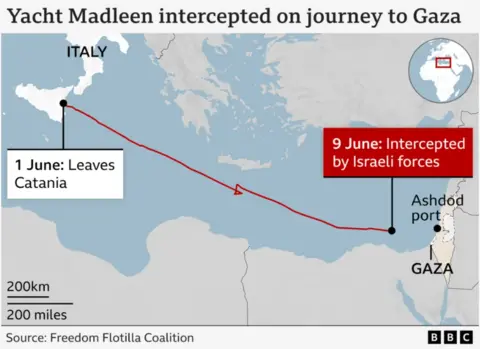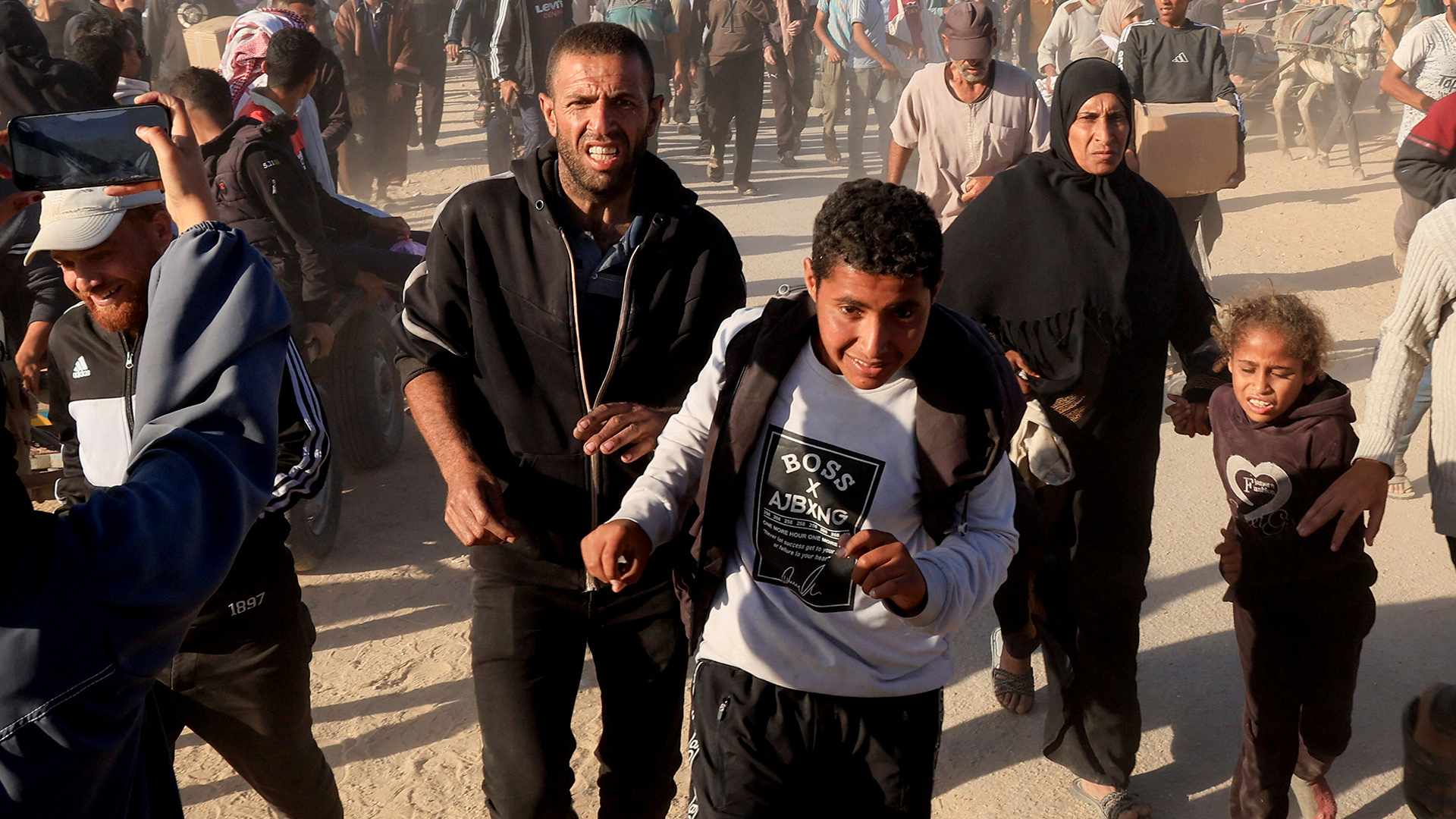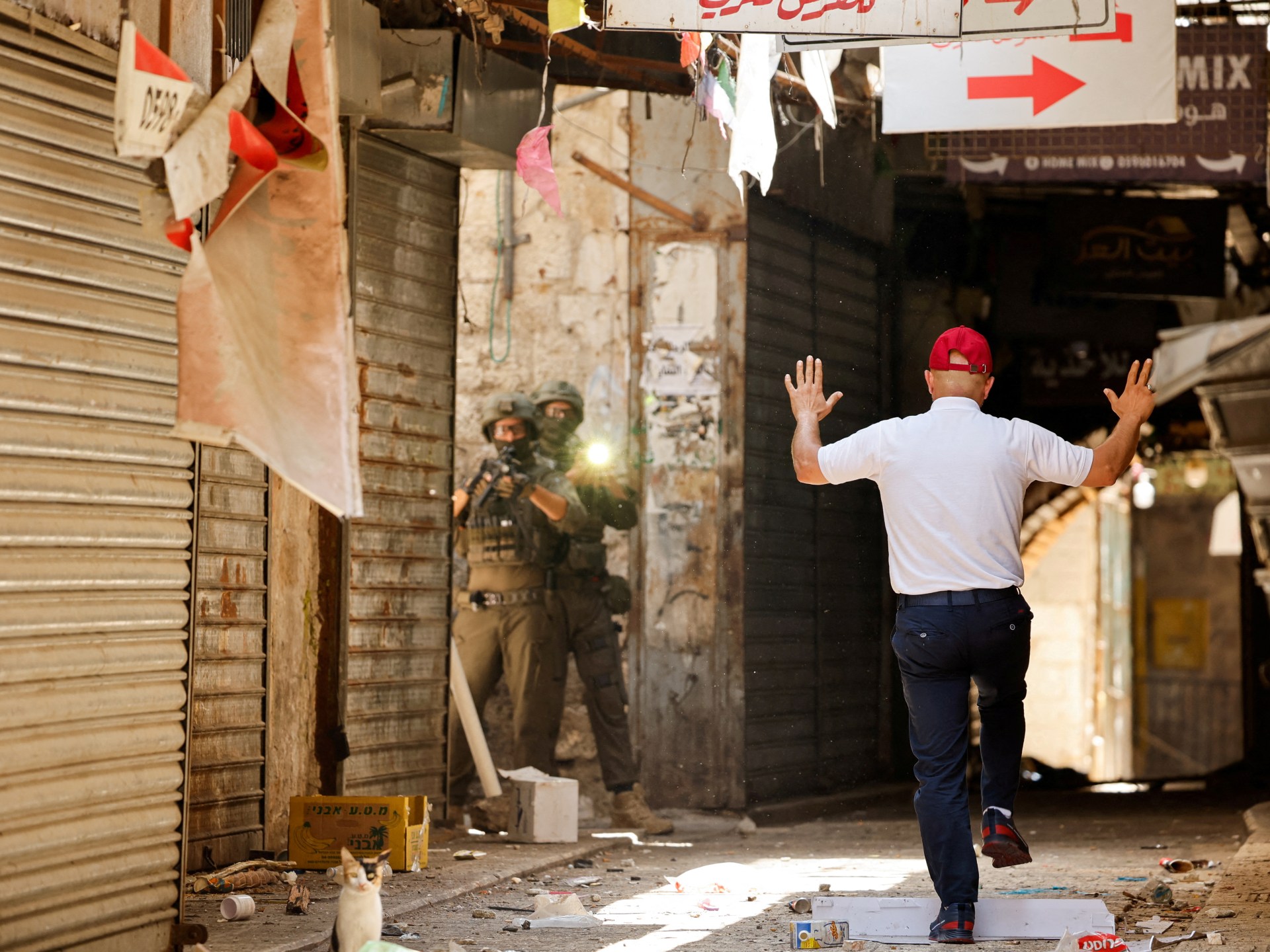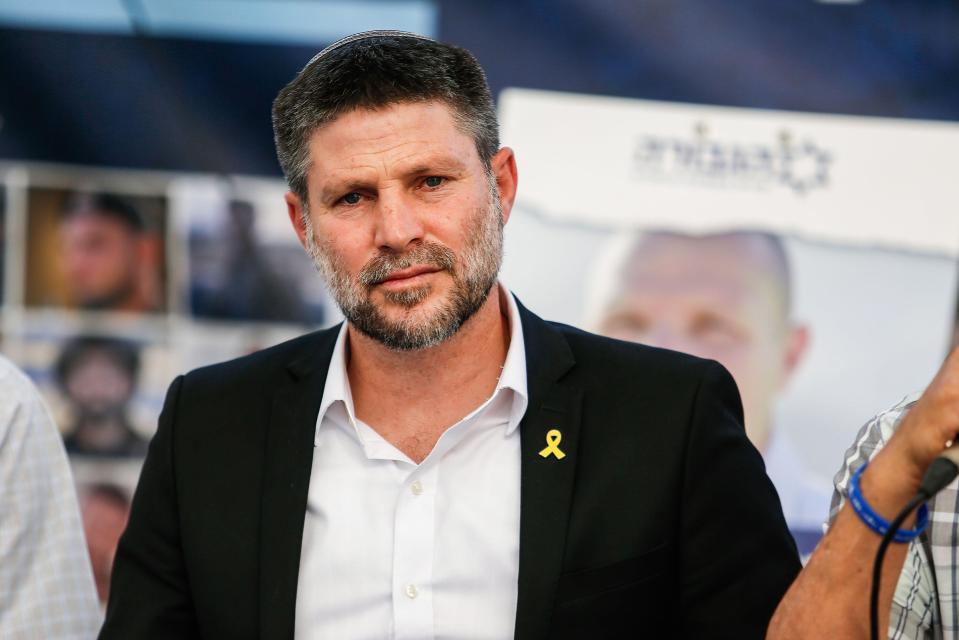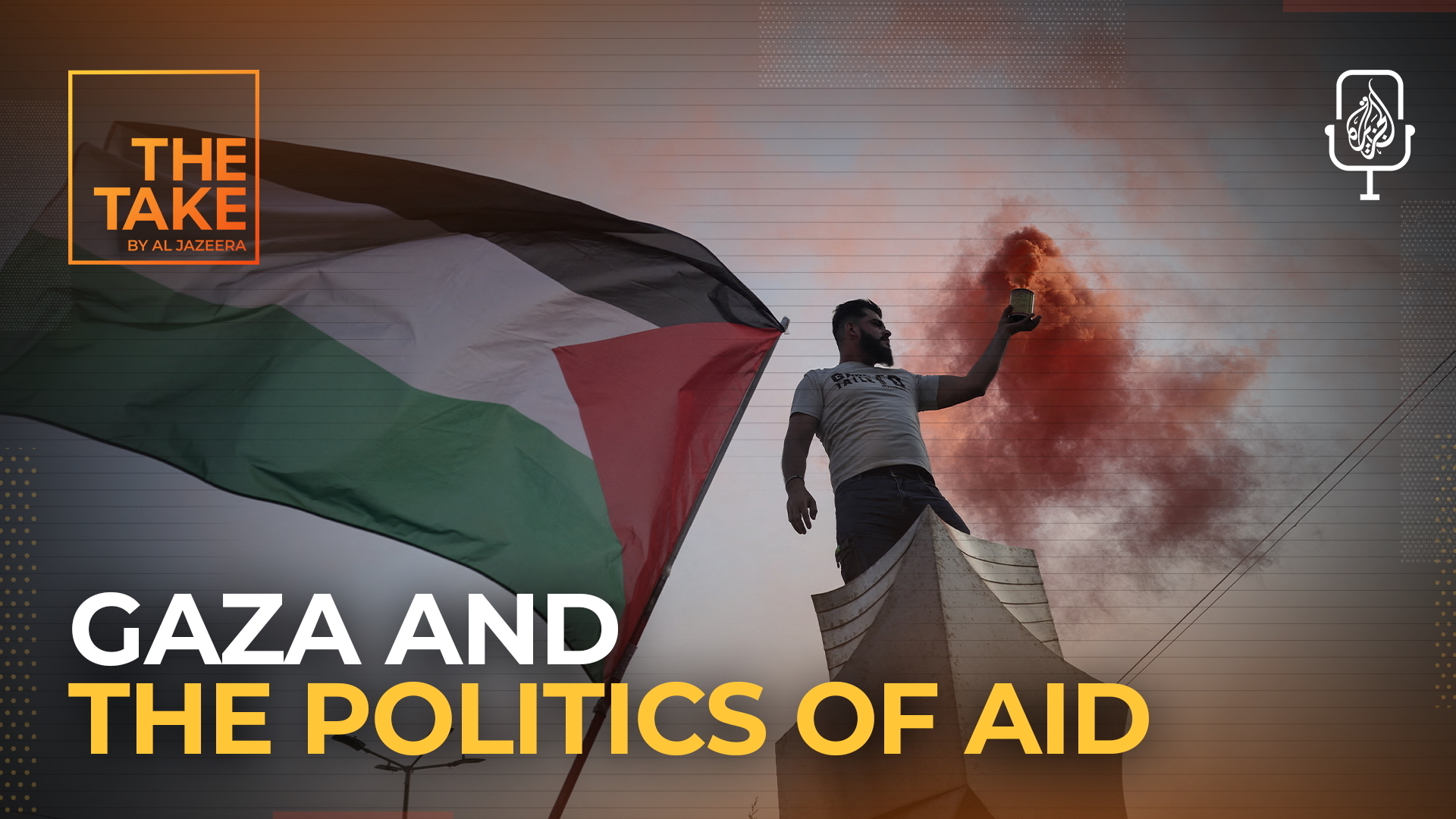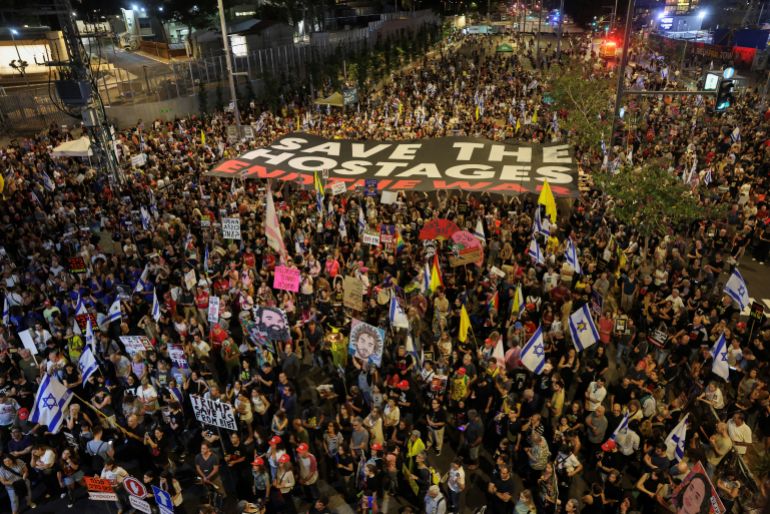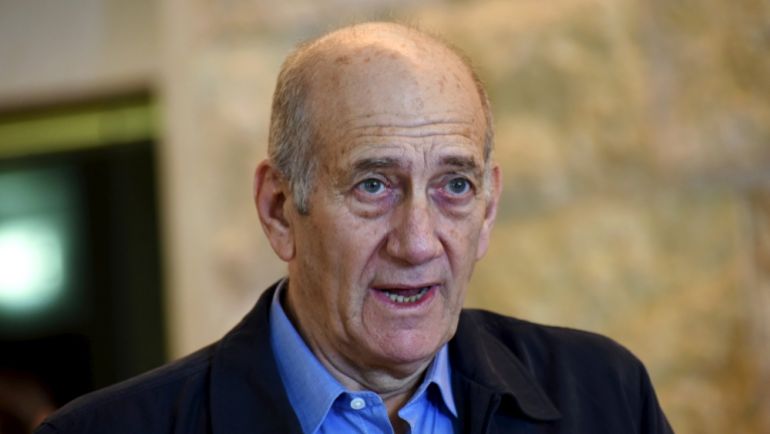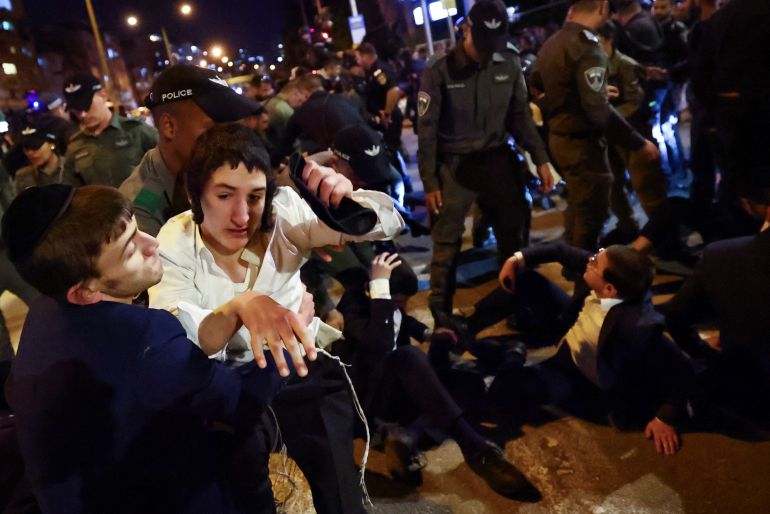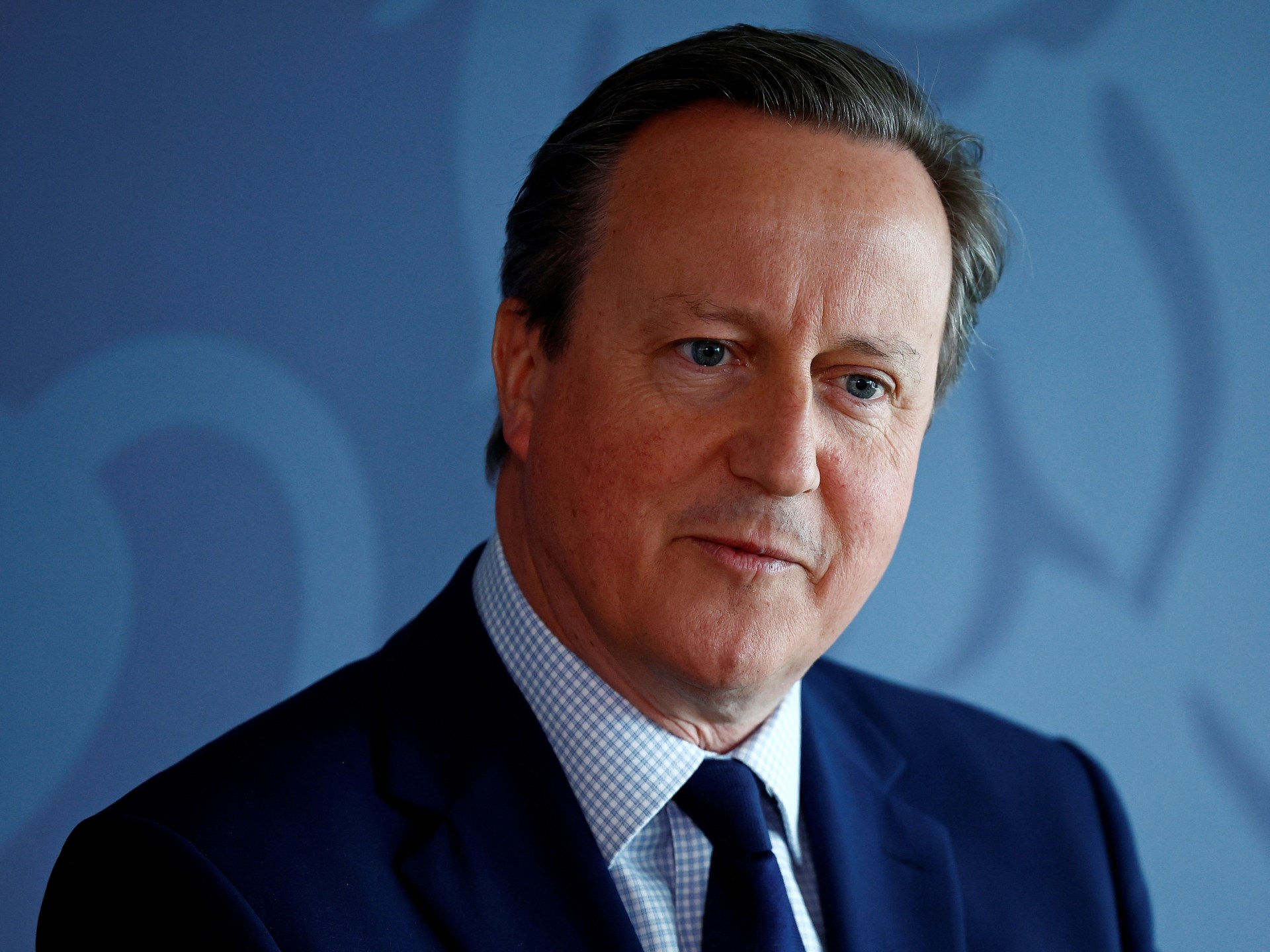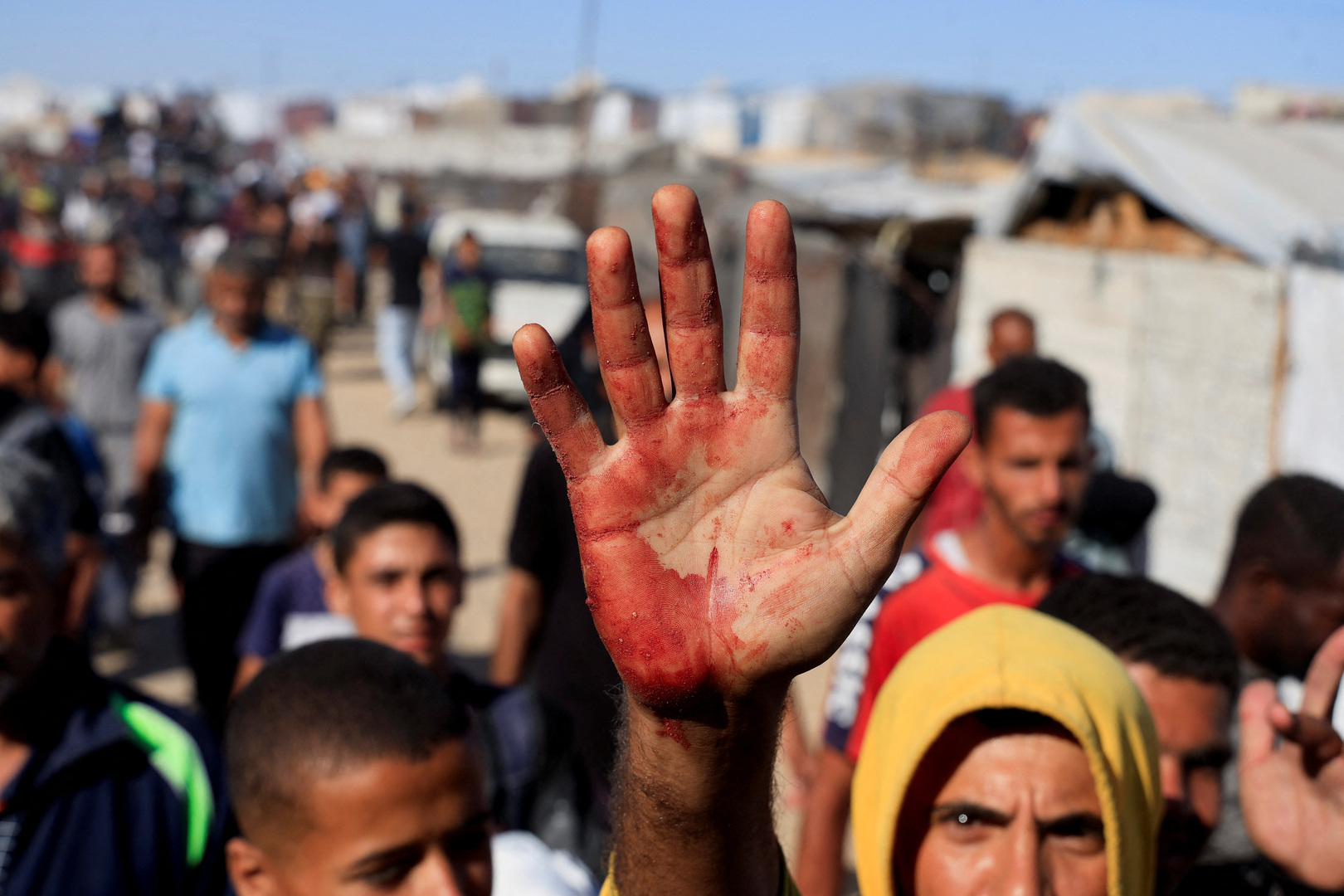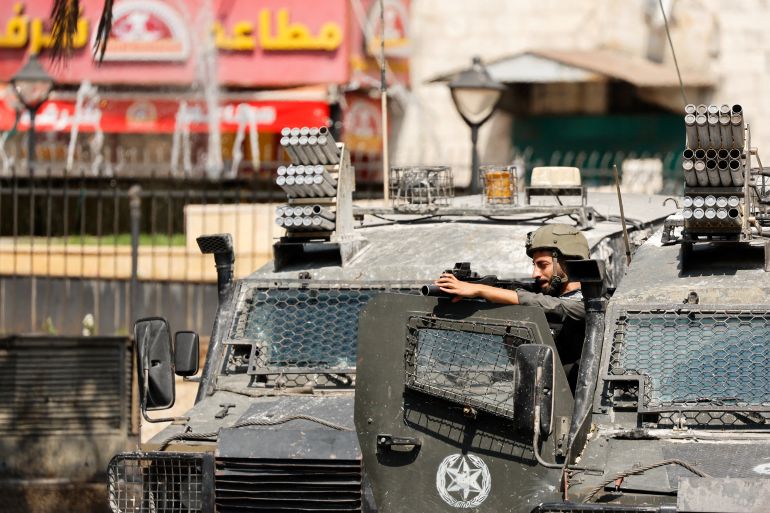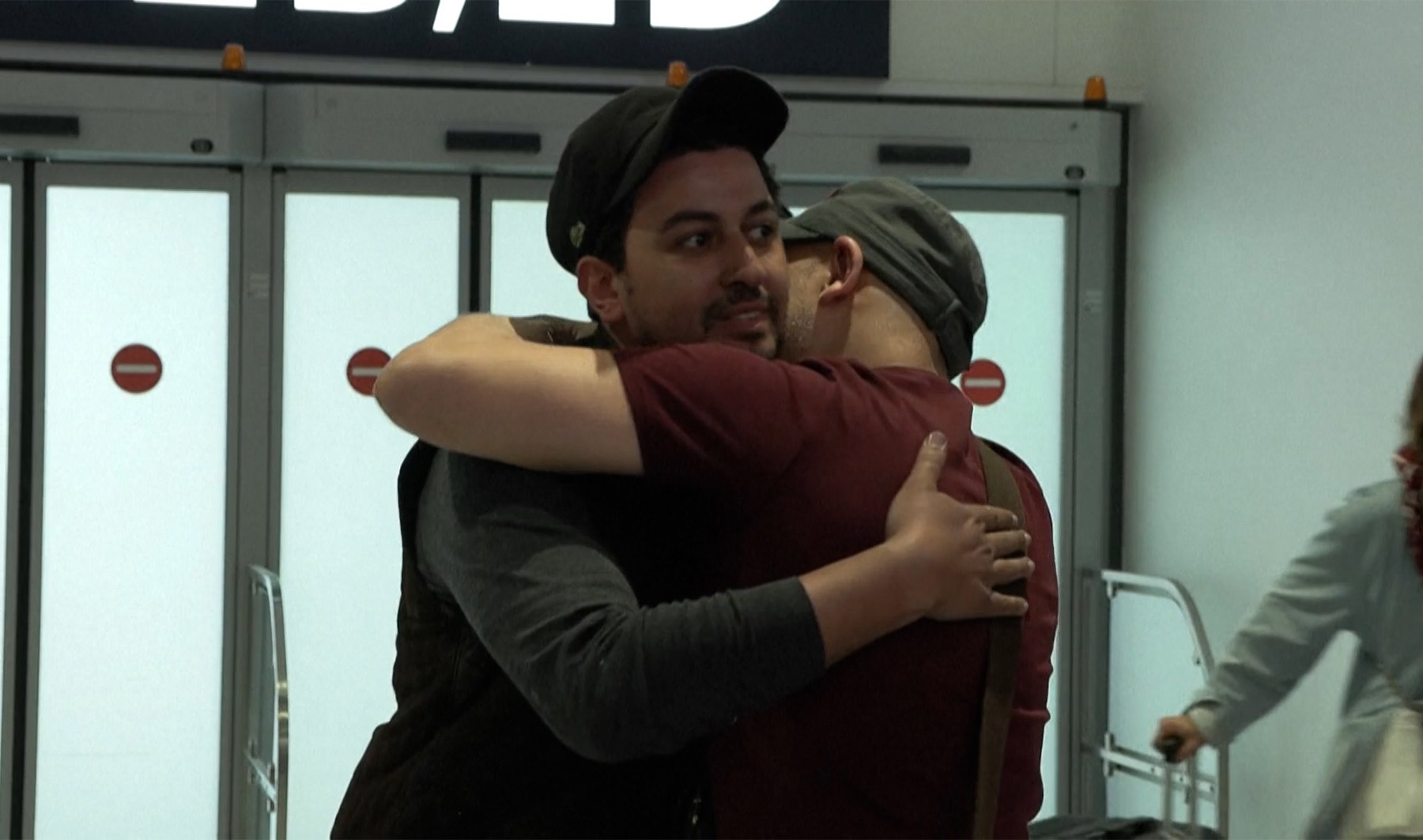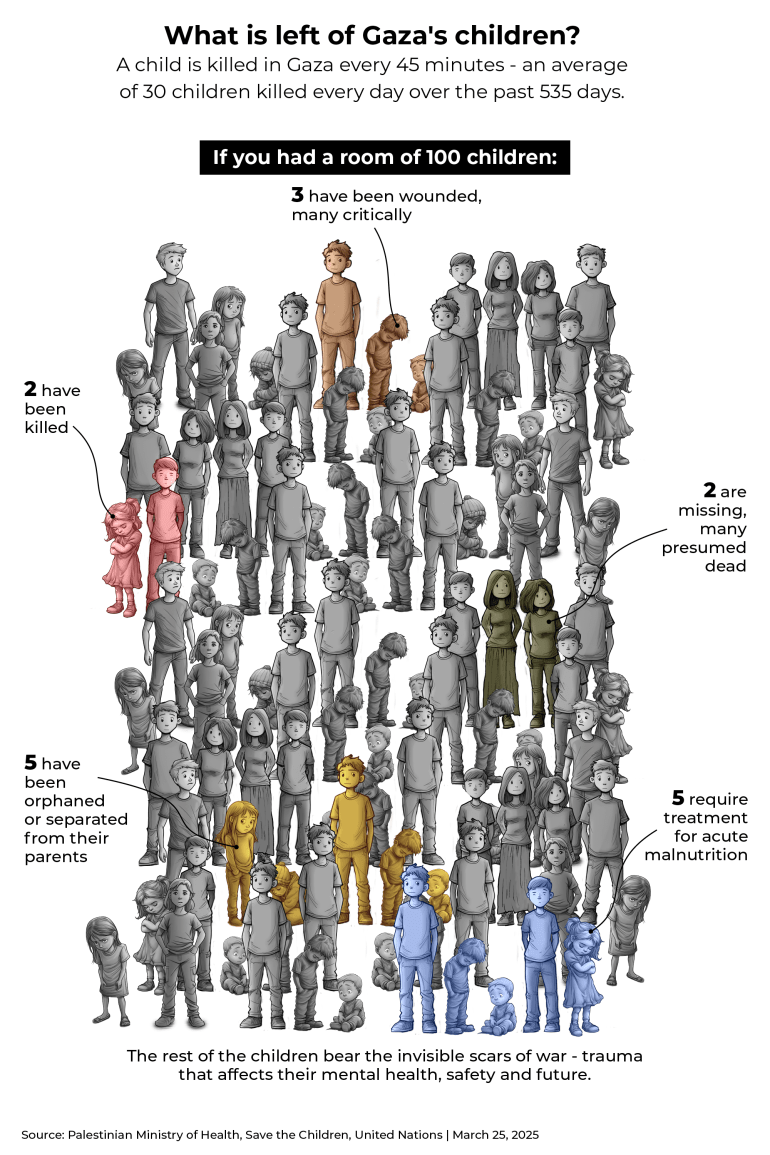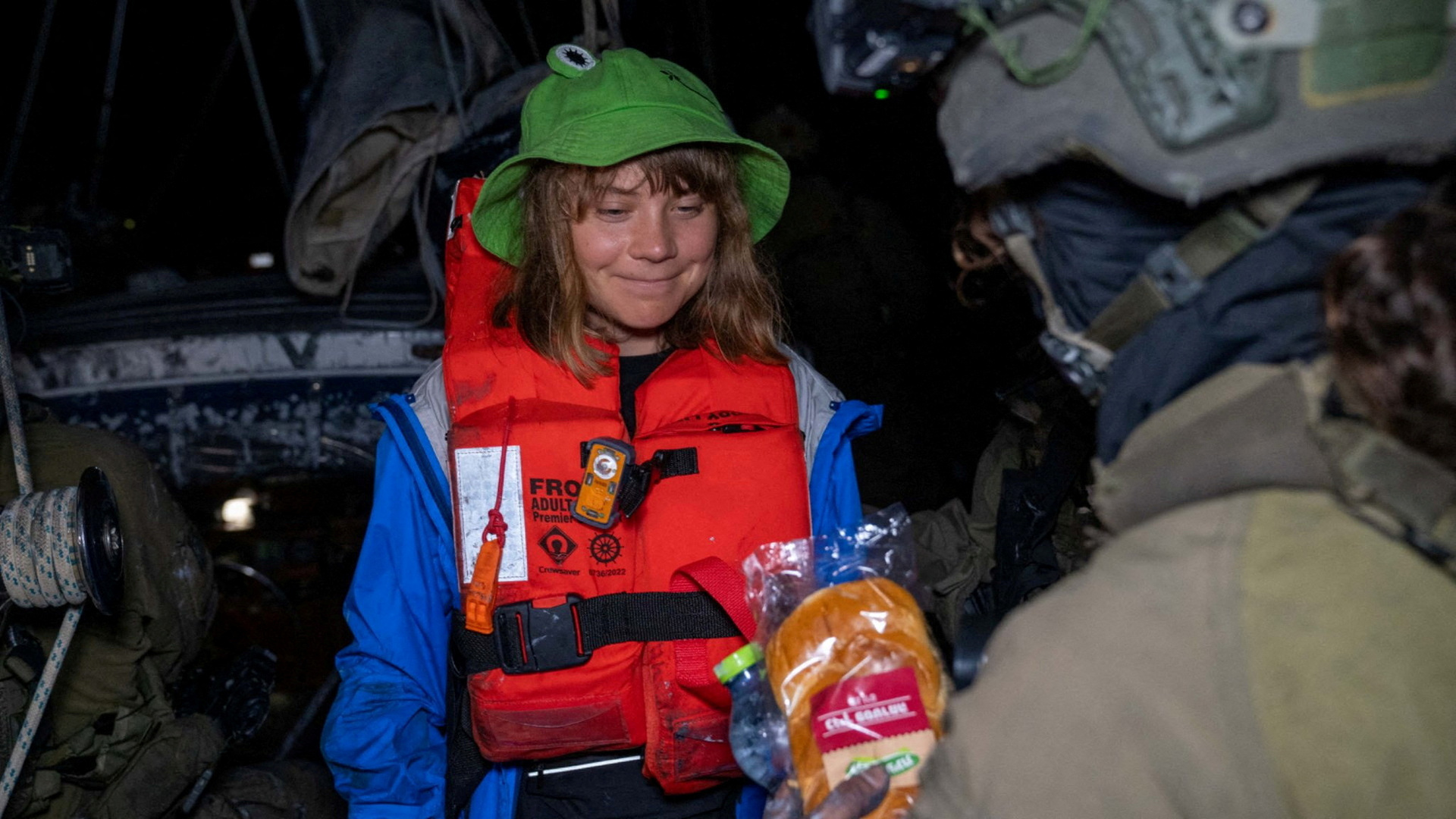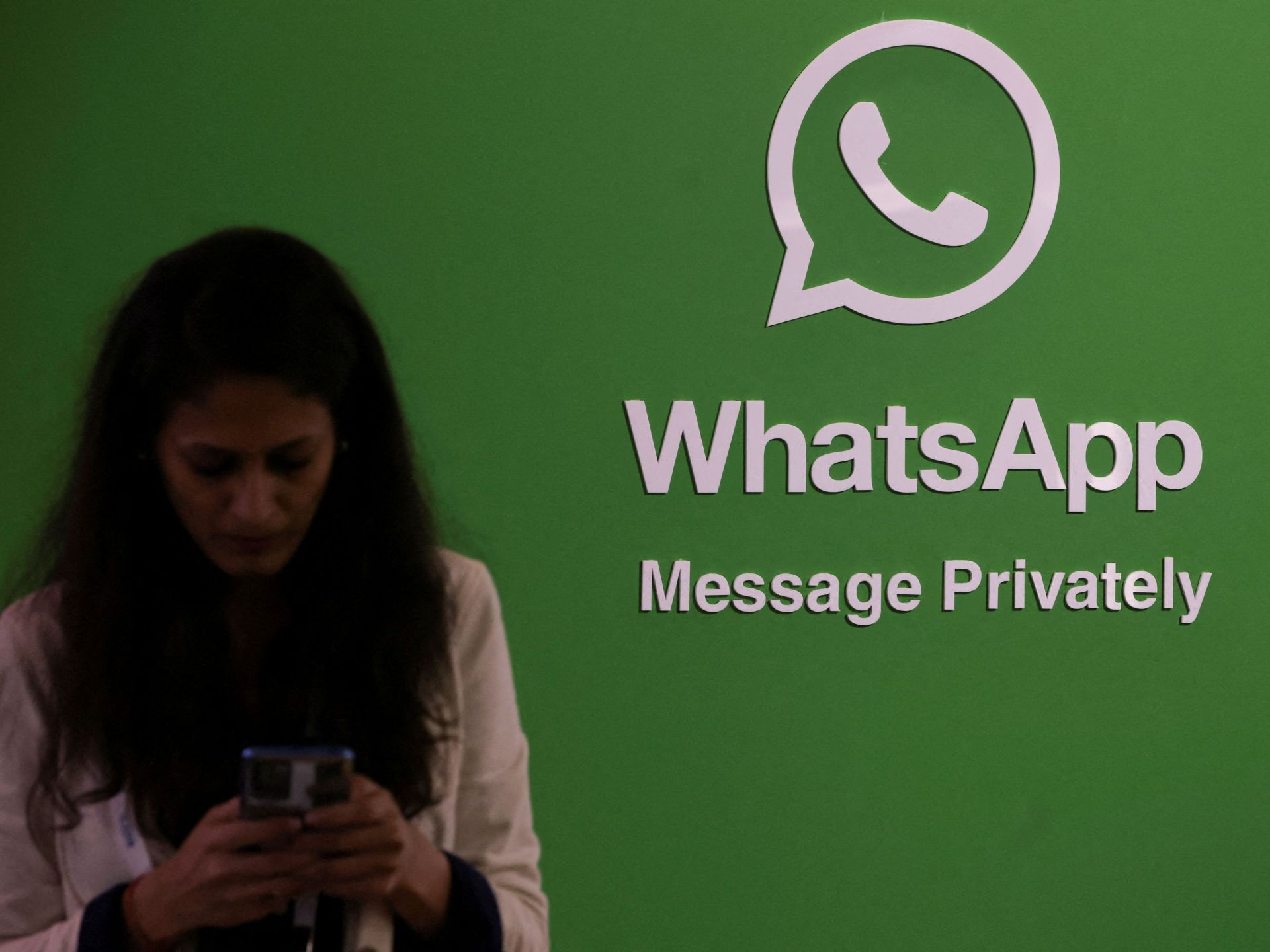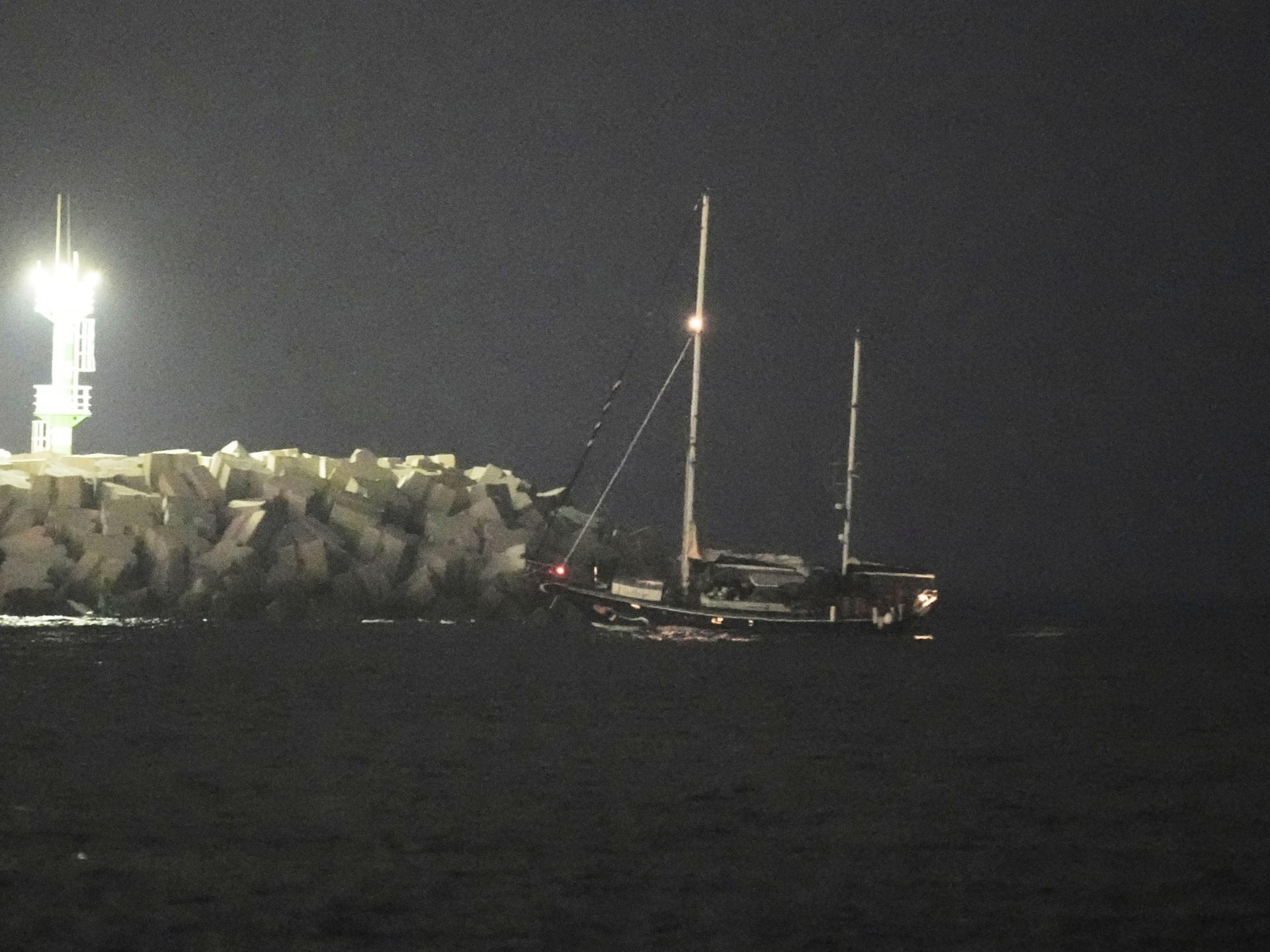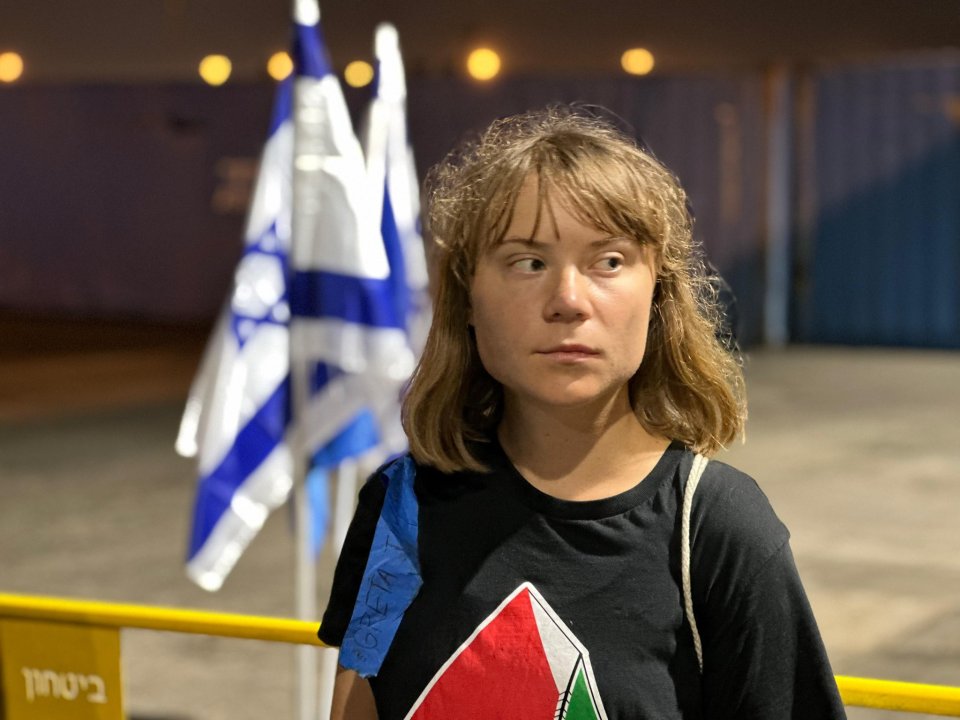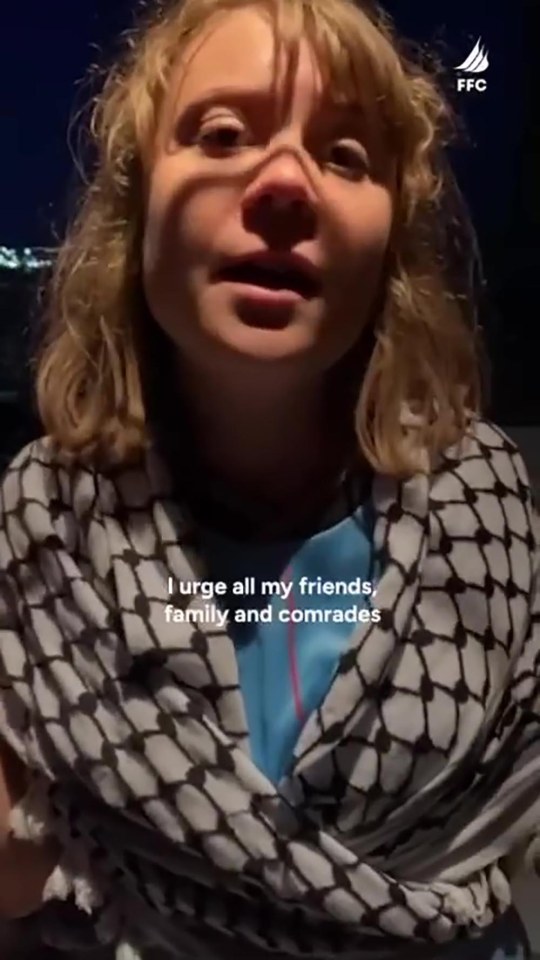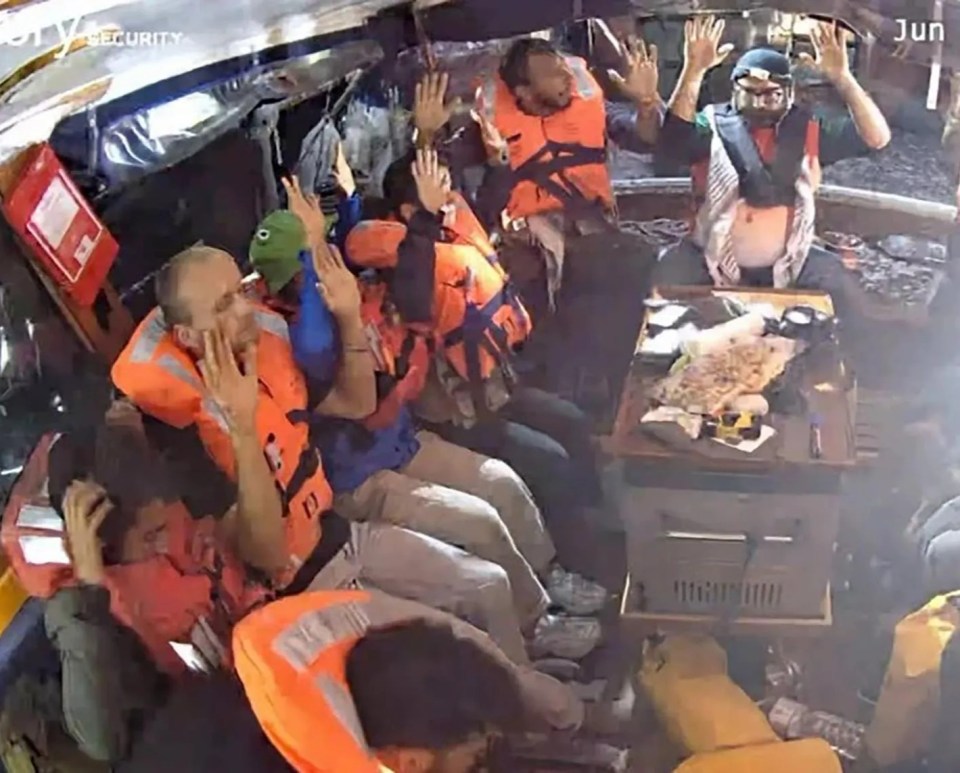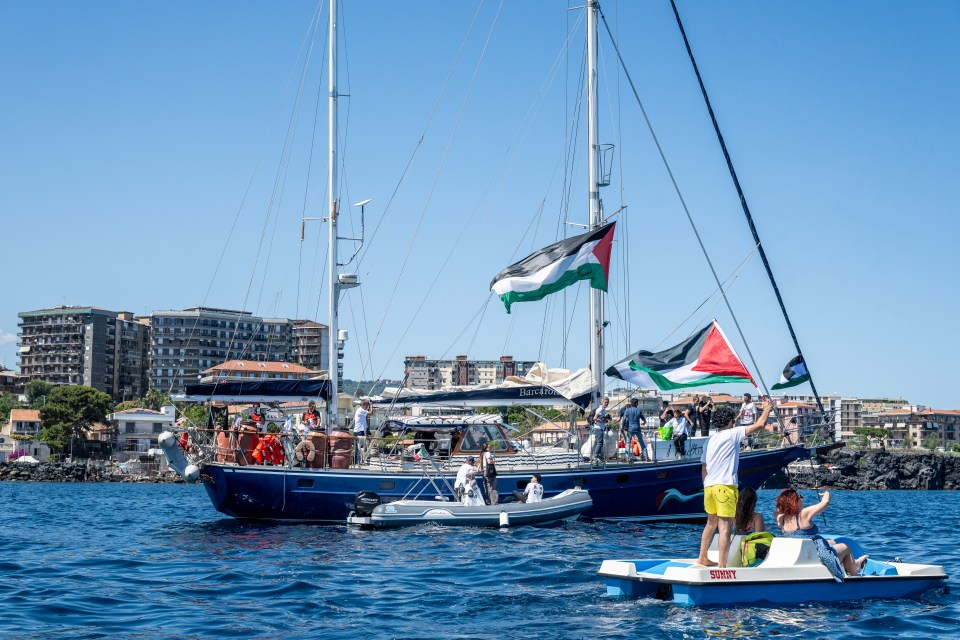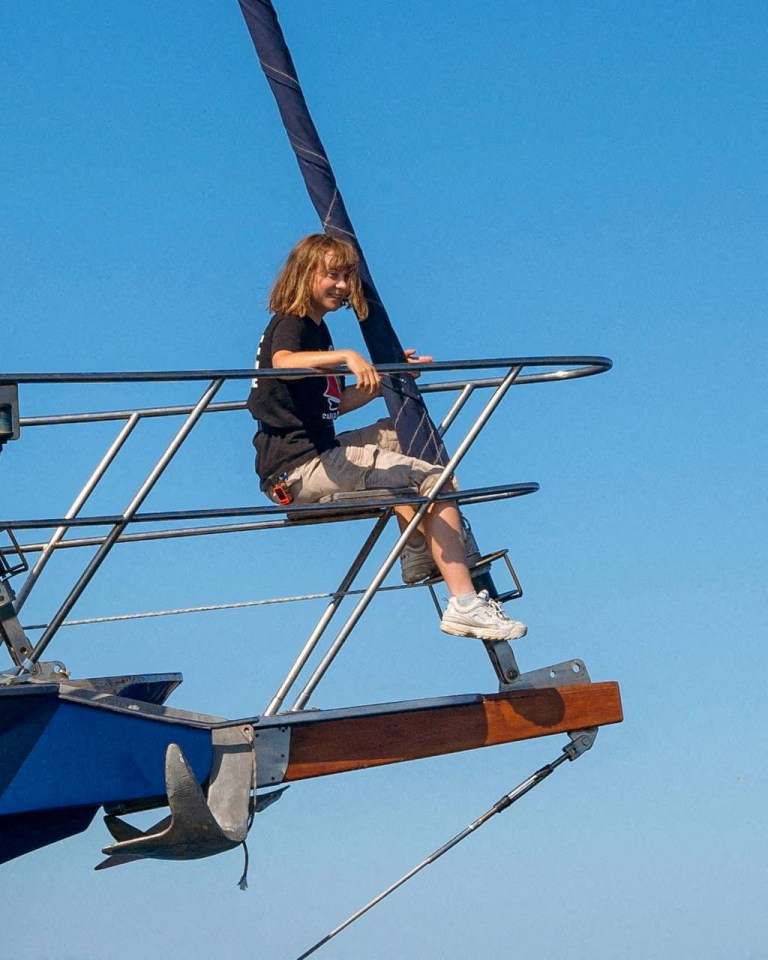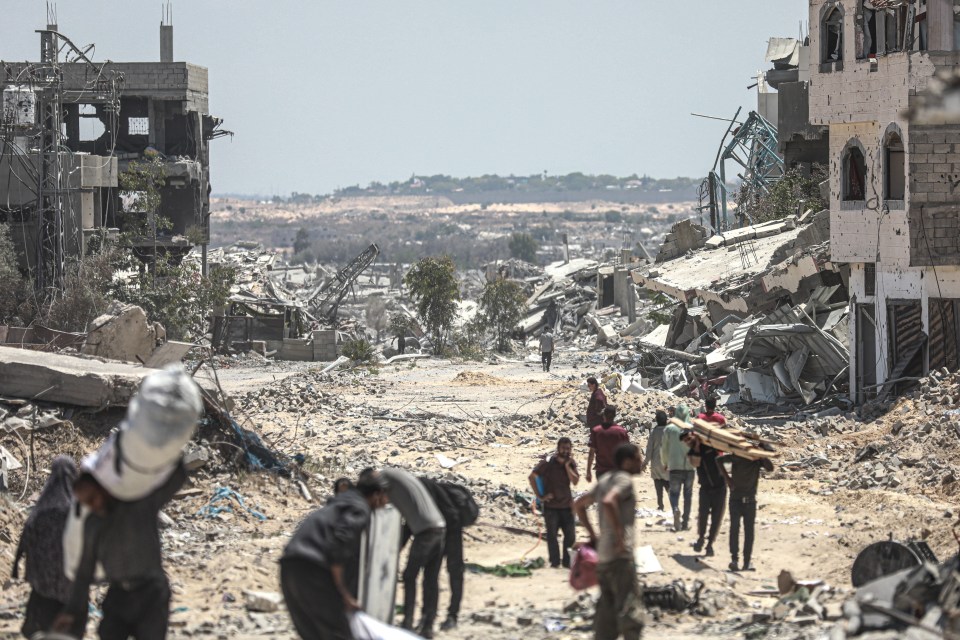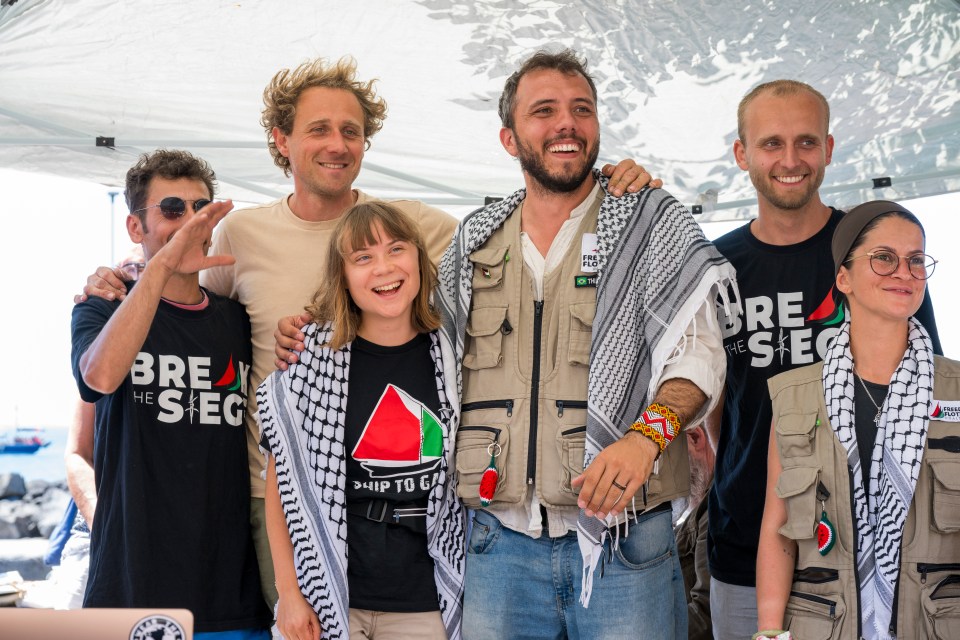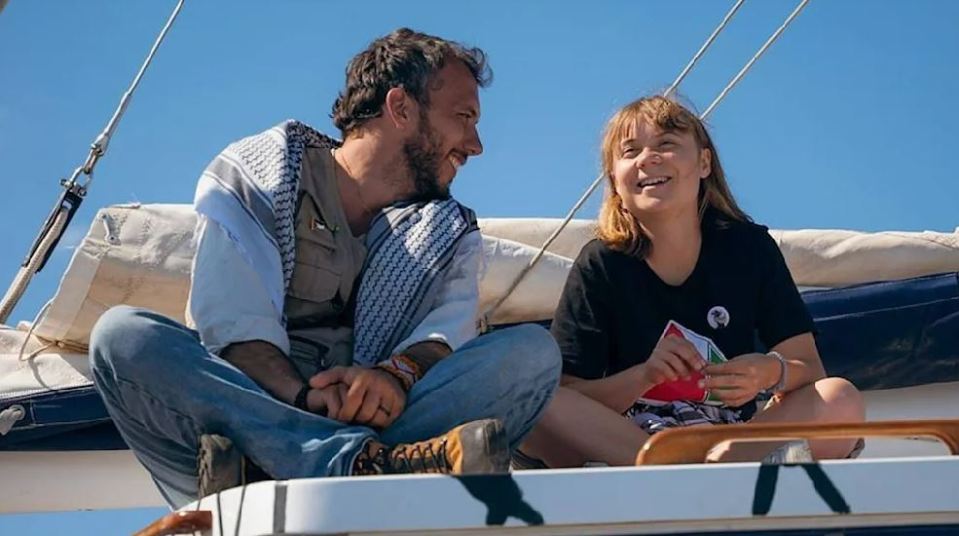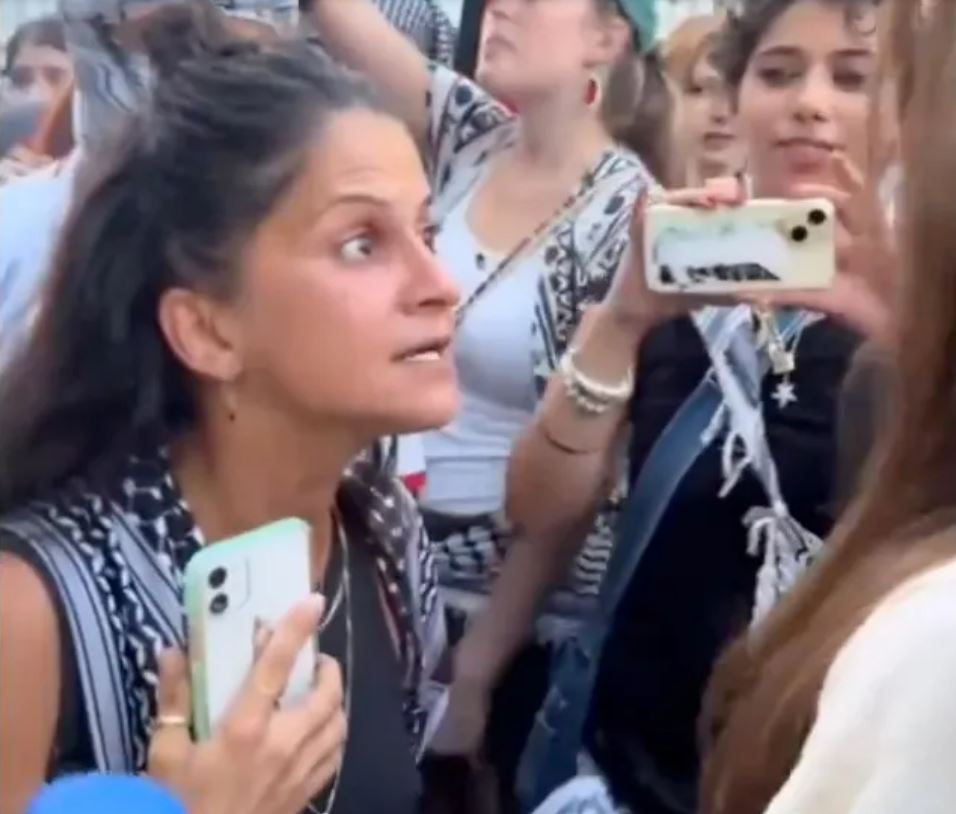Israel launches operation ‘Rising Lion’ on Iran as explosions rock Tehran & emergency declared over retaliation fears
ISRAEL has launched devastating air strikes against Iran in a dramatic escalation risking all-out nuclear war in the Middle East.
Explosions rung out and plumes of smoke rose above the capital Tehran after a volley of “preemptive strikes” as part of Operation Rising Lion.
Israel claimed it targeted a nuclear enrichment facility in Natanz, and threatened even more to come.
A defence official claimed the strikes killed Iran’s military chief and senior nuclear scientists, although this has not been confirmed.
Tensions had flared following Iran’s advancing nuclear programme, with Donald Trump warning of a “massive conflict” between the enemy nations.
Iran has been stockpiling uranium and it is feared they are close to having enough weapons-grade fusion material for as many as 15 nuclear bombs.
Iran has also been distributing weapons and arms to proxy groups across the region fighting Israel including Hezbollah and Hamas.
The US has already declared it had no involvement in the strikes.
Fearing a reprisal, Israel has already declared a “special state of emergency”, closing schools and public gatherings and sounding air-raid sirens.
Defence Minister Israel Katz said: “Following the State of Israel’s preemptive strike against Iran, a missile and drone attack against the State of Israel and its civilian population is expected in the immediate future.”
The orders have been imposed across the entire state, with air space closed and emergency messages sent to mobile phones ordering Israelis to stay close to shelters and limit movement in open areas.
Speaking after the blitz, Prime Minister Benjamin Netanyahu said it was a “decisive moment in Israel’s history”.
He said in a video statement the operation “will continue for as many days as it takes to remove this threat”.
He added: “We struck at the heart of Iran’s nuclear enrichment programme… We also struck at the heart of Iran’s ballistic missile programme.”
On Thursday, the UN’s nuclear watchdog the International Atomic Energy Agency censured Iran for failing to work with its inspectors.
Iran’s nuclear chief, Mohammad Eslami, slammed the resolution as “extremist” and blamed Israeli influence.
It comes after an ex-military intelligence agent chillingly warned that Iran could rush to finish its nuclear weapons if attacked by Israel.
Raz Zimmt, who spent more than two decades in the IDF’s military intelligence, said Iran is likely to immediately retaliate with a huge missile blitz if Israel launches missiles as its turf.
He told The Sun: “The immediate retaliation would probably be the launching of long-range missiles from Iran against Israel if that’s an Israeli attack.”
Trump, whose administration is in talks with Iran in a bid to hammer out a deal over its nuclear programme, said he had urged ally Israel to hold off as he stressed his commitment to a diplomatic solution.
“I don’t want to say imminent, but it looks like it’s something that could very well happen,” Trump told reporters at the White House when asked if an Israeli attack loomed.
Trump said he believed a “pretty good” deal on Iran’s nuclear program was “fairly close,” but said that an Israeli attack on its arch foe could wreck the chances of an agreement.
The US has already pulled some diplomats from Tehran and offered evacuations for troops and families stationed in the Middle East.
US and Iranian officials were due to hold a sixth round of talks on the nuclear programme in Oman on Sunday until the negotiations reached a stalemate.
US Secretary of State Marco Rubio said Israel had claimed the strikes were necessary for self-defence, while warning Iran not to target US forces in retaliation.
There are fears US could get dragged into the conflict if Iran decides to target military bases in the region, over the West’s support for Israel.
In a statement, he said: “Tonight, Israel took unilateral action against Iran. We are not involved in strikes against Iran and our top priority is protecting American forces in the region.
“President Trump and the Administration have taken all necessary steps to protect our forces and remain in close contact with our regional partners.
“Let me be clear: Iran should not target U.S. interests or personnel.”
Iran’s breaching nuclear rules
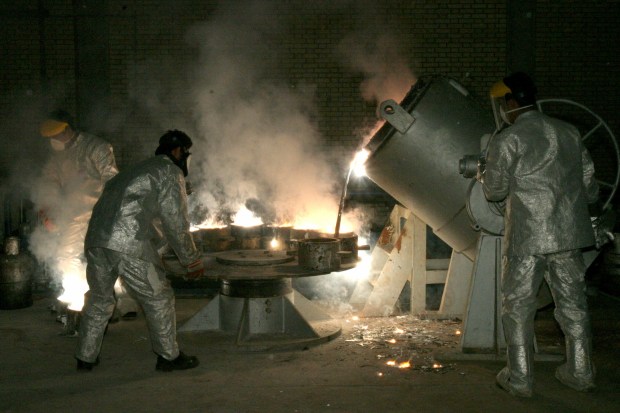
IRAN has been declared as in breach of its nuclear rules for the first time in two decades.
The UN’s atomic watchdog, the International Atomic Energy Agency, passed a resolution on Wednesday condemning Tehran’s “lack of co-operation”.
It is the culmination of several stand-offs between the Vienna-based IAEA and Iran since Trump pulled the US out of a nuclear deal between Tehran and major powers in 2018 during his first term, after which that accord unravelled.
Tehran said it “has no choice but to respond to this political resolution”, and said it would launch a new enrichment site “in a secure location”.
The state said: “Other measures are also being planned and will be announced subsequently.”
An IAEA official said Iran had given no further details such as the location of the site.
It comes as US and Iranian officials are due to hold a sixth round of talks on Tehran’s accelerating uranium enrichment programme in Oman on Sunday.
The Trump administration has been trying to secure a deal with Tehran aimed at curbing Iran’s nuclear programme.
Donald Trump is said to be in advanced talks with Iran over a preliminary agreement that could include provisions on uranium enrichment – terms Israel finds unacceptable.
More to follow… For the latest news on this story, keep checking back at The U.S. Sun, your go-to destination for the best celebrity news, sports news, real-life stories, jaw-dropping pictures, and must-see videos.
Like us on Facebook at TheSunUS and follow us on X at @TheUSSun
